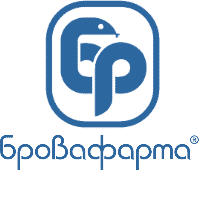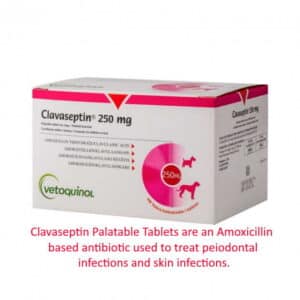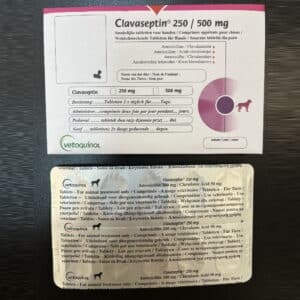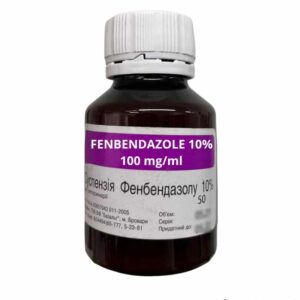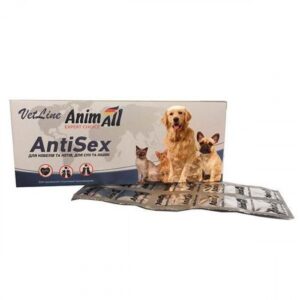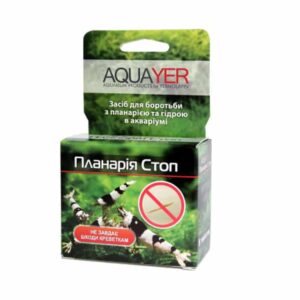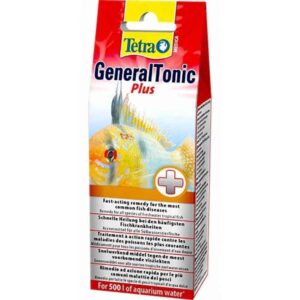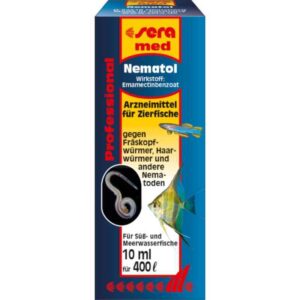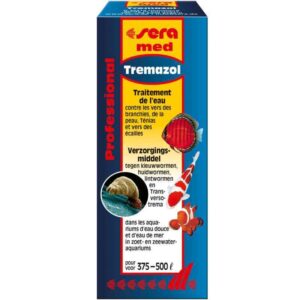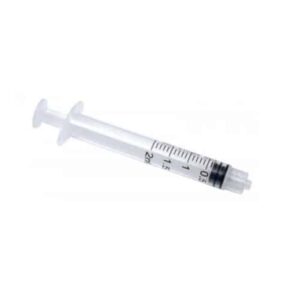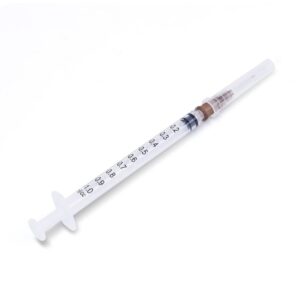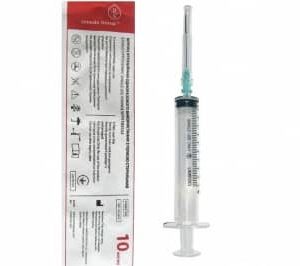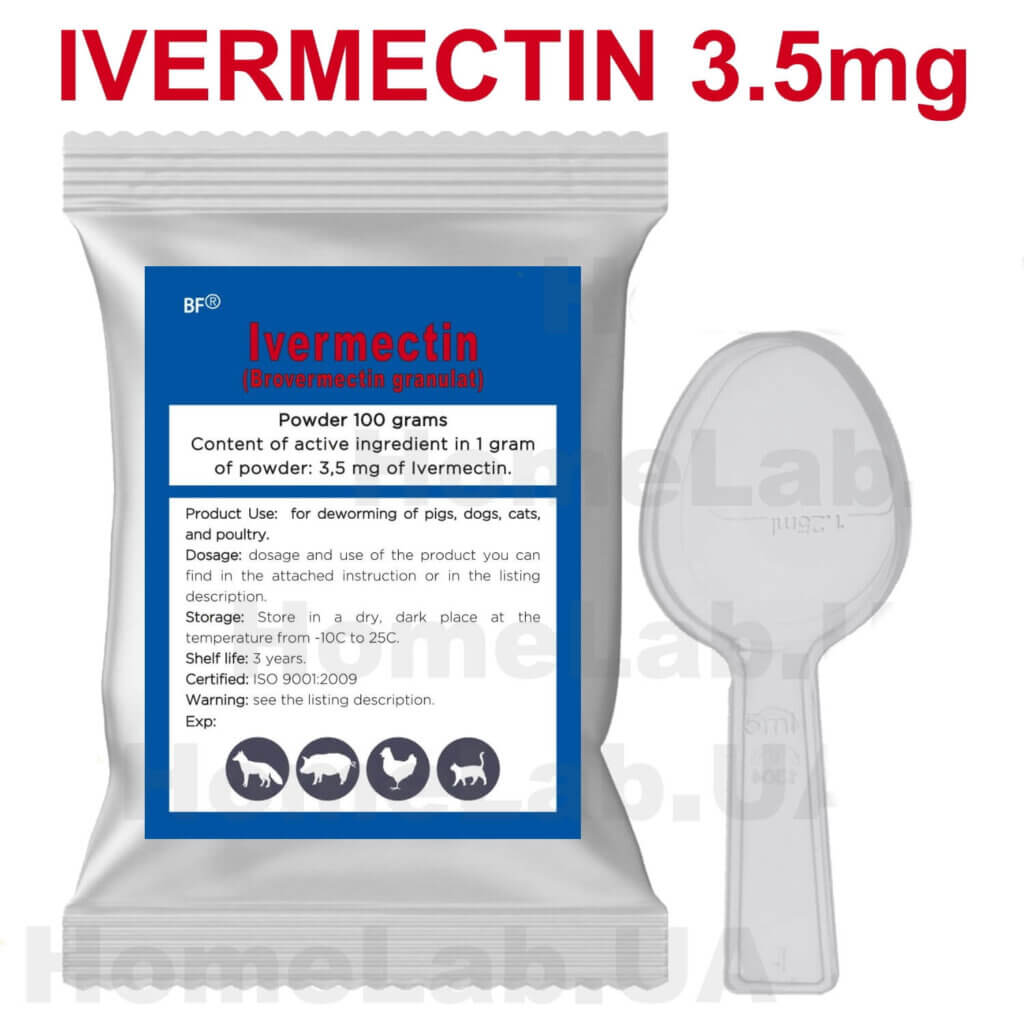 ALIZIN Virbac Aglepristone ☞
ALIZIN Virbac Aglepristone ☞
Reproduction in the Dogs and Cats
PROGESTINS AND ANTIPROGESTINS
Progesterone (P4) is a natural steroid hormone secreted by the corpus luteum of the ovary. It acts by binding to the progesterone receptor (PR) and causes a variety of physiological effects such as the closure of the cervix at the end of estrus, the proliferation of the endometrium, regulation of fallopian tube motility and secretory activity as a precondition for fertilization and inhibition of myometrial contractility during pregnancy …
Antiprogestins (eg aglepristone, Alizin®, Virbac) have an antagonistic effect on progesterone, they bind to PR but prevent P4 from its biological action. Spontaneous contractions are possible due to the cancellation of the gestagen-induced blockage of contractions, the cervix opens, and therefore the uterus can empty. For successful treatment, a progesterone concentration of more than 1 ng/ml is required. Thus, antiprogestins can be used to terminate a pregnancy, treat pyometra, induce labor, and treat fibroadenomatosis in dogs and cats.
ABORTION
Termination of pregnancy may be necessary after unwanted mating, in case of pregnancy with one puppy or pregnancy-induced diseases in the female. Compared to previous drugs, the use of antiprogestins has only minor side effects. In addition, the efficacy rate is higher during the early termination period (days 0-22) and has an efficacy rate of 99-100%.
Usually, early termination of pregnancy leads to resorption of the embryo without obvious clinical signs. Due to the fact that the moment of mating is extremely individual, in order to avoid mating the female after treatment, it is advisable to inject the female after confirmation of cytological dysstruus based on the results of a vaginal smear.
You must enter 10 mg/kg over the next two days. The injection area under the skin must be massaged and, if the volume is more than 5 ml, the injection should be administered at different places. A third injection may be needed on day 7 if the ultrasound shows that the uterus is filling.
Aglepristone can also be used to terminate pregnancy in cats: the recommended dosage is 10-15 mg/kg, the injection protocol is the same as the injection protocol for dogs.
TREATMENT PIOMETERS
The conservative treatment for pyometra should be applied late in pregnancy or for aging females that are in poor condition. The risk of side effects after treatment with antiprogestins is much lower than after treatment with prostaglandins. Aglesterone is used alone or in combination with antibiotics; progesterone in a concentration above 1 ng/ml is required for successful treatment. For the treatment to be as effective as possible, an ultrasound scan must be performed regularly. In addition, ovarian pathologies such as cysts or tumors, glandular cystic hyperplasia of the endometrium should be ruled out before starting treatment.
Interestingly, treatment-related luteolysis shortens inerrestrus, which has been observed and verified in several studies. There is no statistical difference in the development of pyometra in females with or without the prior disease. By analogy with dogs, pyometra in cats is gestagen-dependent and once cystic endometrial hyperplasia has been ruled out, it can also be successfully treated with aglepristone according to the canine protocol.
INDUCTION OF LABOR
Induction of labor can result in premature, non-viable puppies and retained placenta. Use should be limited to therapeutic indications: maternal morbidity (toxicosis, eclampsia, preterm labor), the risk of pathologies due to fetomaternal imbalance, primary inertia of the uterus, and abnormally long pregnancy.
FIBROADENOMATOSIS
Fibroadenomatosis is a gestagen-induced, benign proliferation of mesenchymal and epithelial cells in the mammary gland of a young pregnant individual. It can also be caused by the use of exogenous progestins in cats, cats, and even male dogs. Aglepristone treatment is a successful alternative to sterilization and does not affect later pregnancies. The protocol for the treatment of induced fibroadenomatosis is 10 mg/kg subcutaneously on days 0.1 and 7. In the case of progestin-induced fibroadenomatosis, sequential injections may be required depending on the duration and effectiveness of the progestin and its half-life compared to natural progestins. It is important to inform the owner that treatment in pregnant cats will also induce abortion.
CONCLUSIONS
The antiprogestin aglepristone (Alizin, Virbac) is a new, highly effective, and well-tolerated drug for abortion, treatment of pyometra, induction of labor, and treatment of fibroadenomatosis in dogs and cats. The use of estrogens is now an obsolete treatment. For successful treatment, an accurate dosage and application interval according to the manufacturer’s instructions, as well as careful
ALIZIN Virbac buy ✅ online Shop Homelabvet
Alizine 30 mg/ml Aglepristone 10 ml
ALIZIN 30 MG/ML SOLUTION FOR INJECTION
Marketing-authorization holder :
Virbac – 1ère avenue – 2065 m – L.I.D. – 06516 Carros Cedex – France
NAME OF THE VETERINARY MEDICINAL PRODUCT
Alizin 30 mg/ml Solution for Injection
STATEMENT OF THE ACTIVE SUBSTANCE(S) AND OTHER INGREDIENT(S)
Each 1 ml contains:
– active substance
aglepristone 30 mg
INDICATIONS
Pregnant females: induction of abortion up to 45 days after mating.
CONTRA-INDICATIONS
Do not use in dogs with impaired hepatic or renal function, in diabetic animals, or in dogs in poor health.
Do not use in dogs with either manifest or latent hypoadrenocorticism (Addison’s disease) or in dogs with a genetic predisposition to hypoadrenocorticism.
Do not use in dogs with known hypersensitivity to aglepristone or the product excipient.
ADVERSE REACTIONS
In females treated after 20 days of gestation, abortion is accompanied by the physiological signs of parturition: fetal expulsion, vaginal discharge, reduced appetite, restlessness, and mammary congestion. In infield trials, 3.4 % of dogs suffered from uterine infections. After induced abortion with the veterinary medicinal product, an early return to oestrus is frequently observed (oestrus – oestrus interval shortened by 1 to 3 months).
Side effects such as anorexia (25 %), excitation (23 %), depression (21 %), vomiting (2 %), and diarrhea (13 %) have been reported from field trials.
In infield trials, the administration of the veterinary medicinal product produced pain during and shortly after injection in 17 % of dogs and a local inflammatory reaction at the injection site in 23 % of dogs. The size and intensity of this reaction depended on the volume of the veterinary medicinal product which was administered. Oedema, skin thickening, local lymph-node enlargement, and ulceration may occur. All local reactions are reversible and will usually disappear within 28 days after injection.
In infield trials, administration of the veterinary medicinal product induced hematological/biochemical changes in 4.5 % of dogs. These changes were always transient and reversible. The modified hematological parameters were as follows: neutrophilia, neutropenia, thrombocytosis, hematocrit variation, lymphocytosis, lymphopenia.
The modified (elevated) biochemical parameters were as follows: urea, creatinine, chloride, potassium, sodium, ALT, ALP, AST.
In case of partial abortion or no abortion, repeat treatment may be recommended 10 days after treatment, between day 30 and day 45 after mating. Surgery should also be considered.
In rare cases, a hypersensitivity reaction has been/can be observed.




